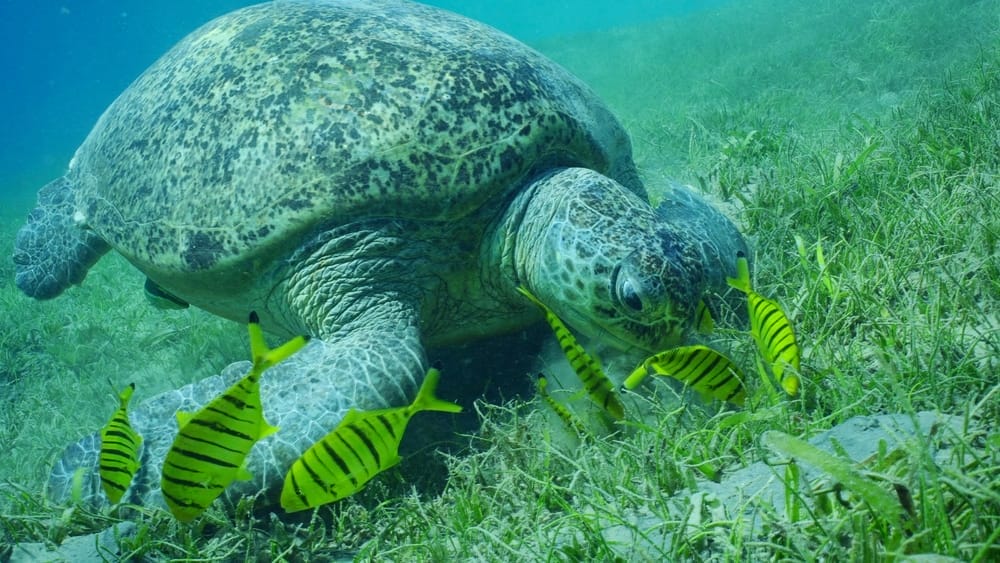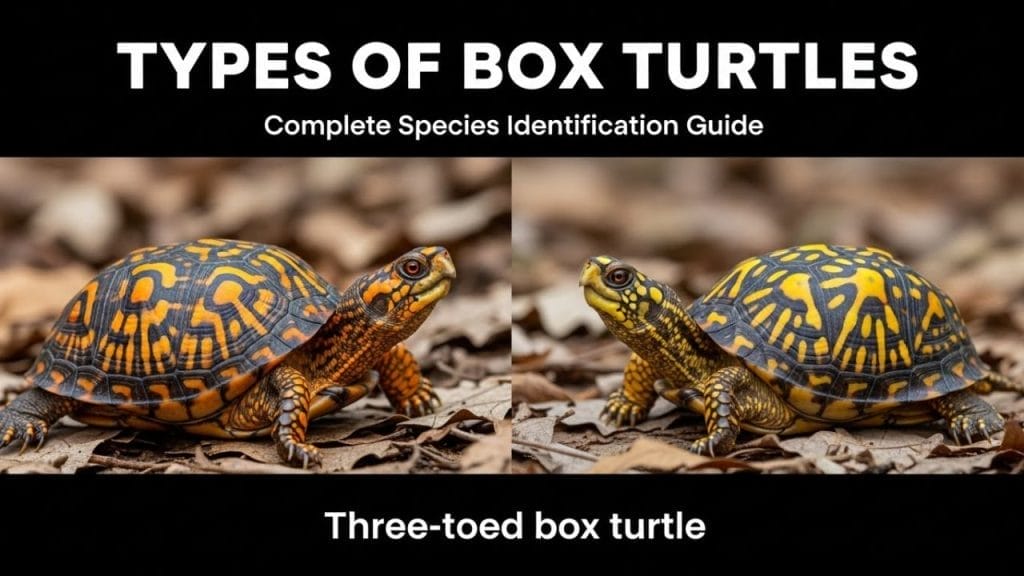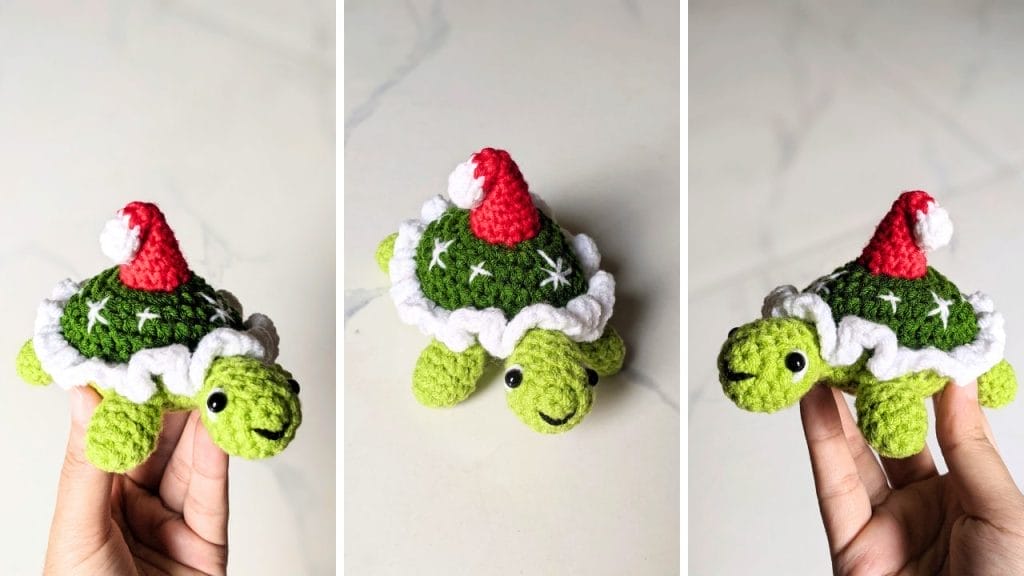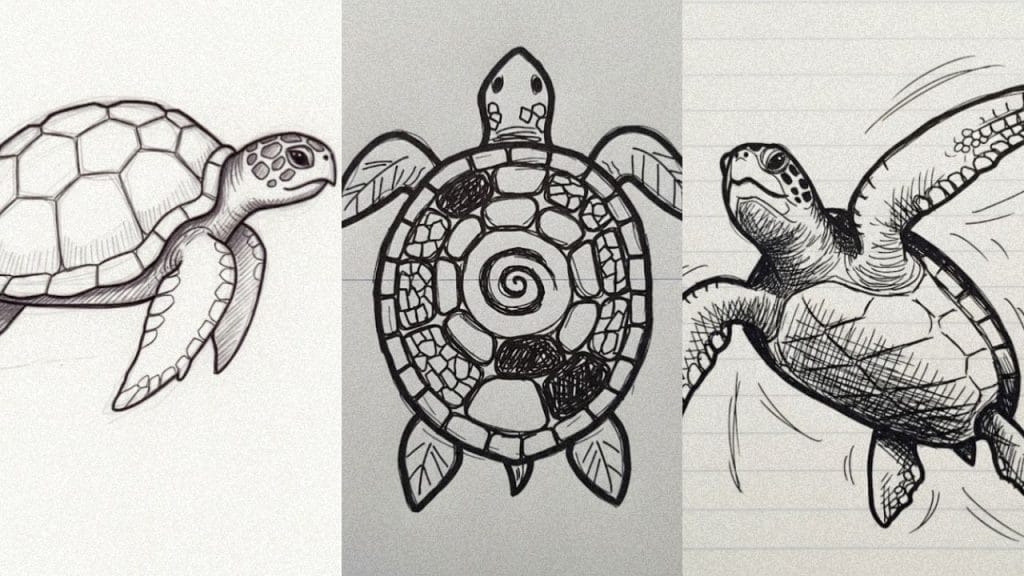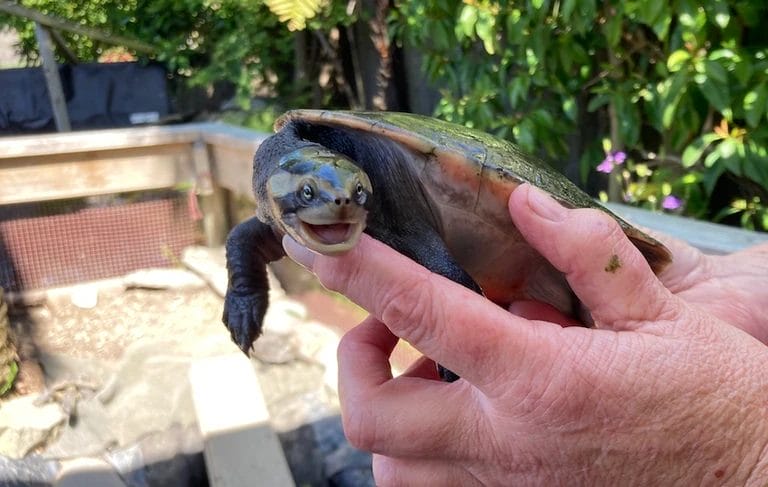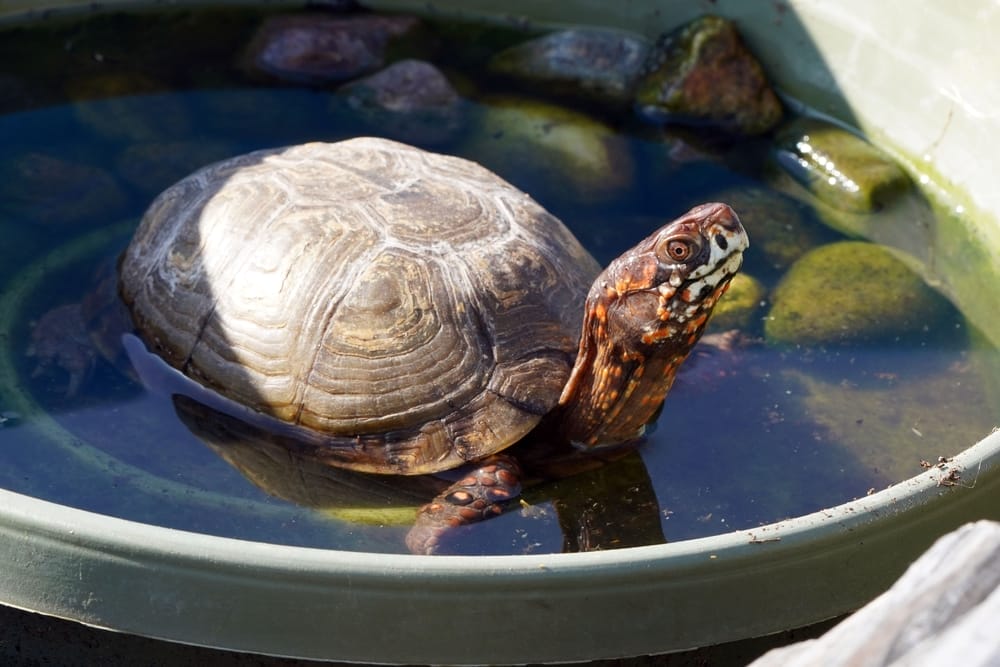Can Turtles Eat Worms? [Safe Worms List]

This post was created with help from AI tools and carefully reviewed by a human (Muntaseer Rahman). For more on how we use AI on this site, check out our Editorial Policy.
Picture this: you’re watching your turtle swim around, looking hungry, and you spot some worms in your garden. Can you just toss one in there?
The short answer is yes – most turtles can absolutely eat worms! But hold up before you start digging around in your backyard.
Do Turtles Actually Want to Eat Worms?
Here’s the thing that blew my mind when I first learned about turtle diets.
Turtles can eat worms, which are among the food options that provide them with proteins in the wild. In nature, they’re basically little worm-hunting machines.
But here’s where it gets interesting – not all turtle species are created equal when it comes to worm consumption.
Worms are just one protein option in a balanced diet—see our nutrition secrets guide for complete dietary planning.
Which Turtles Love Worms the Most?
Some turtles are way more into worms than others:
Box turtles are like the golden retrievers of the worm world. Eastern box turtles are other popular pet types that enjoy worms as part of their healthy diet. In the wild, they actively forage for earthworms, among other invertebrates.
Snapping turtles don’t mess around. Snapping turtles are also omnivores but mainly feed on animal matter, including worms. They actively forage in muddy areas in water in search of worms and other invertebrates.
Painted turtles are surprisingly versatile eaters. While they primarily feed on aquatic plants, they are also known to feed on worms.

The Safe Worms List (Finally!)
Not all worms are created equal, and some are way better turtle food than others.
The Good Stuff
| Worm Type | Why It’s Great | Best For |
|---|---|---|
| Earthworms | Earthworms are easily found in decaying vegetation or soil and are good protein sources for turtles in terrestrial and semi-aquatic habitats | All turtle types |
| Mealworms | Mealworms are among the popular worm types fed to pet turtles. They are larvae of darkling beetles | Baby turtles especially |
| Hornworms | Hornworms have a low fat but high water content, usually above 80% | Great for hydration |
| Silkworms | Silkworms are silk moth larvae and are primarily raised for silk production and as a food source for captive animals | Premium option |
| Red Wigglers | Red wigglers are high in water content with up to 80%, and only have about 10% proteins | Light protein option |
The Nutritional Breakdown
Here’s what makes worms so appealing to our shell buddies:
Most importantly, worms are nutritious, carrying various crucial nutrients that turtles need for healthy growth. They’re basically nature’s protein bars, but way more wriggly.
Mealworms pack a serious nutritional punch – they can contain up to 25 grams of protein per 100 grams. That’s more protein than most people eat for breakfast!
Other worm types vary wildly. Other worm types, like earthworms, contain higher amounts of protein, of up to 70%.
While worms provide excellent protein, baby turtles need this combined with calcium-rich foods and proper supplementation to prevent soft shells and developmental issues.
This Hilarious Turtle Book Might Know Your Pet Better Than You Do
Let’s be real—most turtle care guides feel like reading a textbook written by a sleep-deprived zookeeper.
This one’s not that.
Told from the snarky point of view of a grumpy, judgmental turtle, 21 Turtle Truths You’ll Never Read in a Care Guide is packed with sarcasm, sass, and surprisingly useful insights.
And hey—you don’t have to commit to the whole thing just yet.
Grab 2 free truths from the ebook and get a taste of what your turtle really thinks about your setup, your food choices, and that weird plastic palm tree.
It’s funny, it’s honest, and if you’ve ever owned a turtle who glares at you like you’re the problem—you’ll feel seen.
How Much Is Too Much?
This is where turtle owners mess up big time.
The Baby Turtle Exception
Baby turtles are basically protein-hungry little machines.
Juvenile Turtles: For young turtles, feed them 1-2 small worms every other day.
Why? Because growing turtle shells require serious building materials.
Adult Turtle Reality Check
Adult turtles don’t need nearly as many worms. For adult turtles, 2-3 worms a few times a week is sufficient.
However, mealworms may contain too much protein and fat to be incorporated into their daily meals. If you decide to feed your turtle mealworms, only serve them as occasional treats.
Think of worms as the turtle equivalent of pizza – delicious, but not something you want every single day.
To build a complete feeding routine that includes worms as part of a balanced diet, see our comprehensive guide on feeding frequency and portions for your turtle’s specific age and species
The Backyard Worm Trap You Need to Avoid
Here’s where I see turtle owners make a potentially dangerous mistake.
You might think, “Hey, free worms in my garden!” Wrong move.
Avoid harvesting worms from the wild since they may have absorbed pesticides or fertilizers from the soil that could harm your turtle.
Why Wild Worms Are Risky Business
Wild worms are basically walking environmental reports. Never give your turtle pesticide-treated earthworms. Ingesting these substances is harmful to your turtle.
They absorb whatever’s in the soil – pesticides, fertilizers, heavy metals. It’s like feeding your turtle a chemical cocktail.
The Smart Alternative
You can feed worms purchased from a pet store or raised from your stock. We recommend using only worms intended for feeding pet reptiles.
Pet store worms are basically the organic, free-range option for your turtle.

Feeding Techniques That Actually Work
The Gut-Loading Game Changer
Here’s a pro tip that most turtle owners never hear about: gut-loading.
Most veterinary nutritionists advise “gut-loading” worms before they’re offered to your pet. This process involves feeding the worms a high amount of nutrients one or two days before they’re fed to your pet.
You’re basically making the worms eat their vegetables so your turtle doesn’t have to.
Live vs. Dried Worms
Both options work, but they’re different experiences for your turtle.
Live worms provide mental stimulation – it’s like Netflix for turtles, but with more hunting involved.
Dried worms are convenient but less exciting. Think microwave dinner versus home-cooked meal.
When Worms Become a Problem
Plot twist: too much of a good thing can backfire spectacularly.
Feeding turtles dried shrimp and mealworms exclusively can cause dietary imbalance and food preference issues. Symptoms include refusal to eat other foods, which risks malnutrition.
The Picky Eater Problem
Some turtles become worm addicts. They’ll hold out for their favorite treats and ignore everything else.
It’s like a toddler who only wants chicken nuggets, except your “toddler” weighs 20 pounds and has a shell.
If your turtle refuses everything except worms, creating homemade turtle jello cubes that blend worms with vegetables can trick them into eating a more balanced diet.
Special Considerations for Different Species
Aquatic Turtles vs. Land Turtles
Aquatic turtles need to eat in water. All aquatic turtles eat and swallow with their heads underwater and will not eat out of the water.
Land turtles (like box turtles) can eat worms on dry ground, which makes feeding way easier.
The Herbivore Exception
Some turtle species are strict vegetarians. Herbivorous turtles shouldn’t be fed worms.
These guys would be like vegetarians at a barbecue – they’re just not interested.
Red Flags to Watch Out For
Worms That Are Actually Dangerous
Jumping worms, for example, often contain poisonous metals. These metals can cause kidney damage in turtles.
Signs Your Turtle Had Too Many Worms
Watch for:
- Refusing other foods
- Rapid weight gain
- Digestive issues
- Shell deformities (in growing turtles)
The Bottom Line
Worms can be fantastic for turtles when done right.
The key is moderation – think of them as treats, not staple foods. Your turtle needs variety just like you do.
Stick to store-bought worms to avoid the pesticide lottery that comes with wild-caught options.
And remember: It is best to discuss your pet’s diet with your exotic veterinarian to ensure that they are fed the correct items so that they live a long, healthy life.
Your turtle will thank you for doing the research instead of just winging it. Trust me, a healthy turtle is way more entertaining than one dealing with dietary issues.
Frequently Asked Questions
Can Turtles Eat Dried Worms Every Day?
No way! Dried worms are treats, not daily meals. Feeding turtles dried shrimp and mealworms exclusively can cause dietary imbalance and food preference issues.
Are Worms Better Than Turtle Pellets?
Worms aren’t better – they’re different. Pellets provide balanced nutrition, while worms are protein-rich treats. Think of pellets as the main course and worms as dessert.
Can Baby Turtles Eat Worms Safely?
Absolutely! Baby turtles actually need more animal protein than adults. Just stick to the head-size rule and offer worms every other day. Smaller worms like mealworms are perfect for tiny turtle mouths.
How Do I Know If My Turtle Ate Too Many Worms?
Watch for picky eating behavior, rapid weight gain, or refusing other foods. If your turtle becomes a “worm addict” and won’t eat anything else, you’ve crossed the line into too much territory.

About Author
Muntaseer Rahman started keeping pet turtles back in 2013. He also owns the largest Turtle & Tortoise Facebook community in Bangladesh. These days he is mostly active on Facebook.


